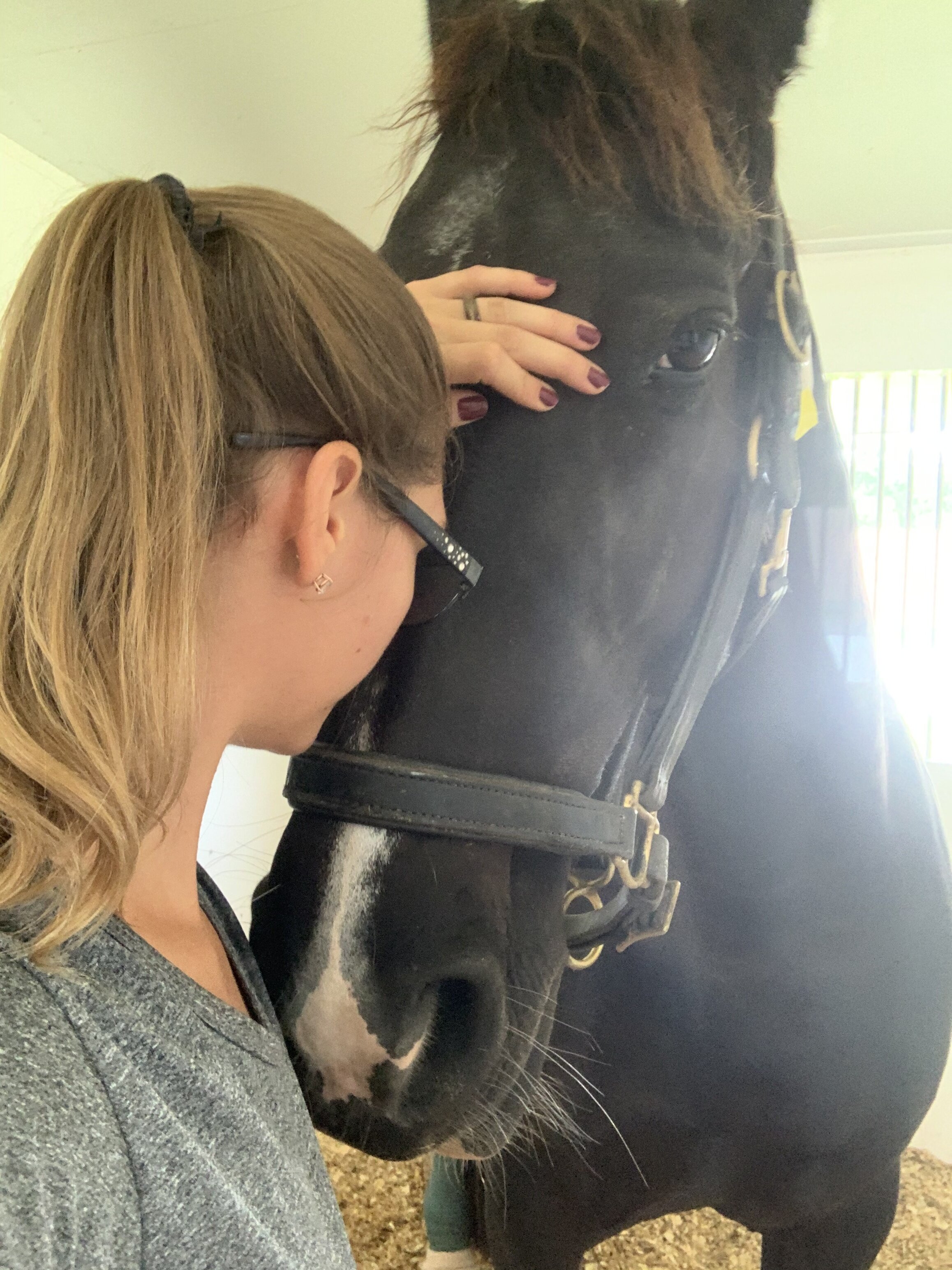Could your child’s physical and behavioral symptoms be caused by the food they’re eating? There are a number of ways that foods can impact children's health, physically and bio-behaviorally.
If your child struggles with complex picky eating, this one is for you!
If your child has developmental delays or a known neurodevelopmental condition, like autism spectrum disorders, ADHDs, speech-language disorders, sensory processing disorders, etc. then this one is for you!
If your child is struggling with a host of chronic health issue symptoms, this one is for you!
Did you know that over half of American children and millennials today have a diagnosable chronic health issue? Food and environmental reactions are very much involved here...
In this episode, I'm sharing an overview of the difference between food allergies, food sensitivities, and food intolerances. We'll cover the most common food allergies and sensitivities, as well as what physical and behavioral symptoms are seen in children with food reactions.
I share what to do if you think your child is experiencing negative reactions to their foods, starting with "cleaning up the diet overall", then navigating food sensitivity testing, and guidance around food elimination/reintroduction diets for food reactions.
Enjoy the episode! I hope that it's insightful and supportive for where you are on your journey!







